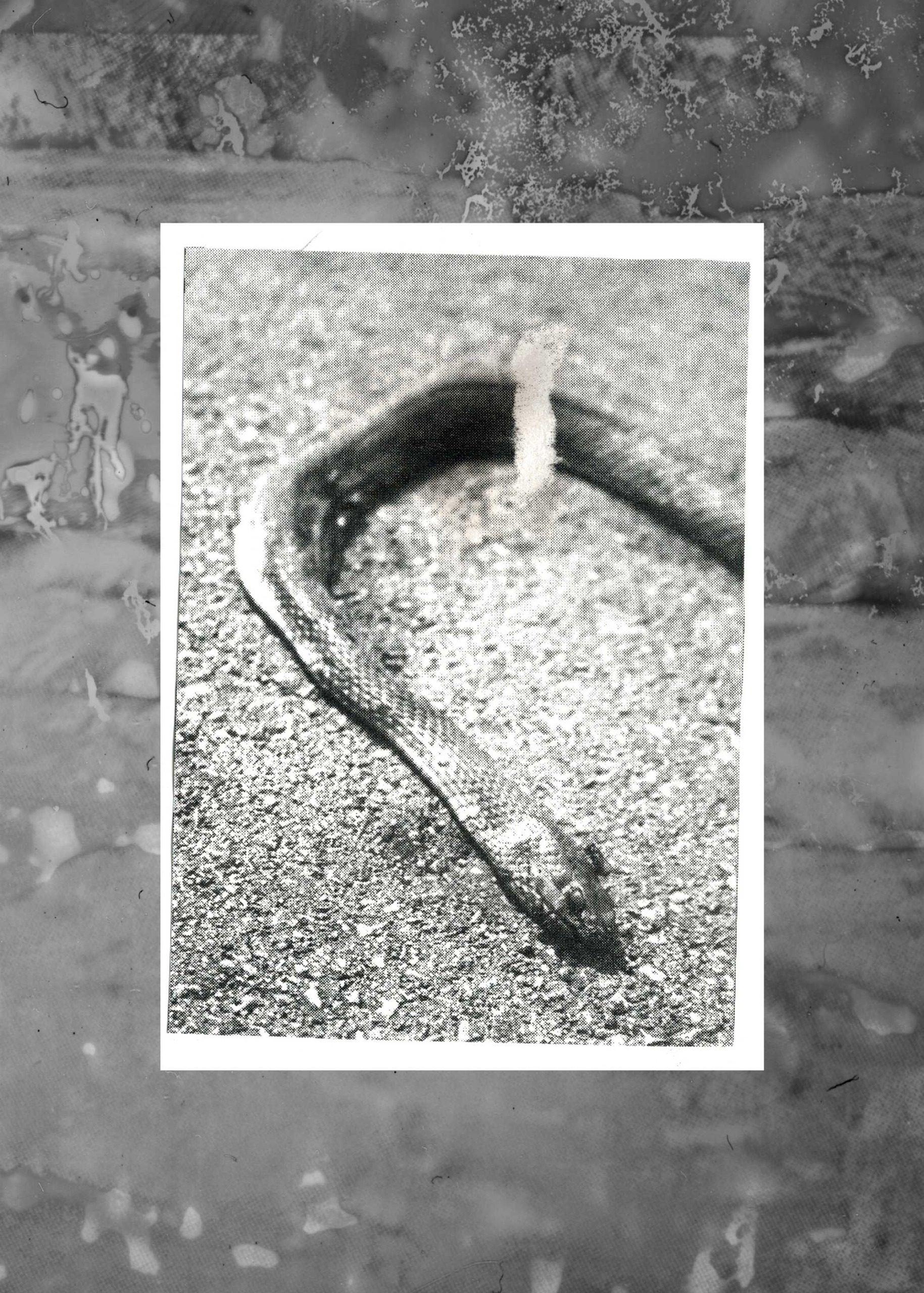In the world of wordsmithing:
-
I have been reading Etel Adnan’s Sea and Fog a few pages at a time. That’s how it is with poetry. I need to go low and slow. As if I am smoking a brisket, but poetically. This take on Photography stood out to me:
Photography is akin to medieval thinking: it values the instant, is based on the microcosm, the atom which mirrors the whole, the DNA which identifies. To see is to arrest the world, to save it from submersion.
Etel Adnan, Sea and Fog
-
I learned about Eve Babitz from this article in The Atlantic.
Eve Babitz was one of the truly original writers of 20th-century Los Angeles: essayist, memoirist, novelist, groupie, feminist, canny ingenue.
Babitz was four inches short of that 5 foot 11, but she had other attributes that made her presence, and her femininity, impossible to ignore. Her most explicit attempt to address this challenge was “My Life in a 36DD Bra, or, the All-American Obsession,” a piece she wrote for Ms. in April 1976.
-
And there was this interview with [Lisa Taddeo on Death, Desire and Her “Super Dark” View of the World](https://www.anothermag.com/design-living/14293/lisa-taddeo-on-her-short-story-collection-ghost-lover?utm_source=Link&utm_medium=Link&utm_campaign=RSSFeed&utm_term=lisa-taddeo-on-death-desire-and-her-super-dark-view-of-the-world “Lisa Taddeo on Death, Desire and Her “Super Dark” View of the World”) in AnOther Magazine.
Lisa Taddeo’s Three Women (2019) was a work of devastating brilliance, flooring readers with its illuminating investigation of female desire. She spent eight years creating this compelling feat of literary reportage (which is currently in production as a new television series starring Shailene Woodley as the author). Immersing herself in the stories of her three subjects, Sloane, Lina, and Maggie, Taddeo moved cross-country multiple times, bearing witness to these women’s lives as they unfolded, exhaustively recording their testimony and speaking to those closest to the book’s trio of central figures. What emerged was a complex, candid, and deeply compassionate portrait of labyrinthine female sexuality.
I purchased Three Women for Kindle. Anything to do with feminine sexuality attracts me. I expect to be titillated by it but also hope to be educated by it.
In the world of film:
-
A review of ‘Bodies Bodies Bodies’
It’s just that modern competition revolves around the ability to claim persecution: In a land of modern strivers granted wealth and power the likes of which the world has never seen, she who can lay claim to the greatest number of handicaps and the lowest number of privileges is Queen Victim.
A competition based on the greatest number of handicaps and least number of privileges strikes me as an apt metaphor for the present moment in America in lots of ways.
-
Why Japanese Director Kinuyo Tanaka’s Films Are Criminally Overlooked
Kinuyo Tanaka: A Life in Film, it explores the outstanding works of one of the country’s first-ever female auteurs – whose incredible and under-seen films have been newly restored in 4K. A screen icon in her own right (highlights from her incredible acting career, including collaborations with nearly all of the aforementioned filmmaking giants, are to be shown in September), Tanaka defied the male gatekeepers of the industry to carve out her own career behind the camera. She thrived in the process, delivering works that matched those of her male counterparts and often surpassed them.
Though her directing career was short (Tanaka completed six films in nine years in total), the stories she told were vital tales of female agency and desire that were essential to the cinematic development of one of the world’s great filmmaking nations.
-
Lena Dunham’s new film, Sharp Stick, seems like a must see to me, but then I am easily sold by the promise of sex on the screen. Still, this review in Hyperallergic and the fact that its Dunham, promises humor and intelligence in addressing the subject of a young woman setting out to loose her virginity.
In the World of my daily walks:
Leaf chatter as a breeze moves through the trees. Crickets. Cicadas.
In the world of art:
I liked Lucy Johnson’s - Reality Breakdown photography series.
Lucy Johnson (b.1986) is a UK artist who works in sound and visual art. Her work explores themes of the sublime, the mundane and the absurd in the human experience. She has self published two photo zines with imprint Pearl Press and her sound work has featured in The Wire, NTS Radio, Tusk Festival, Fact Magazine and Index Festival (Yorkshire Sculpture International). Alongside soundtracking her own visual art, she collaborates with artists of different disciplines in creating audio visual projects, some of which appear on ‘Soundtracks Vol.1’, released by Opal Tapes in 2020.
-
A Show Traces Philip Guston’s Impact on Contemporary Artists - I have long been a fan.
A Thing for the Mind at commercial gallery Timothy Taylor takes an altogether more creative approach to demonstrating influence, one informed less by strict historical evidence than by the curator’s creative interpretation based on painterly themes and similarities.
-
Two Santa Monica Artists Create a Legacy Through Potlucks
The backyard potlucks followed a consistent formula that worked because so many people stepped up to contribute and help out. Around 6pm on a Saturday night, a long table filled up with potluck delicacies — both store bought and homemade — while a drink table was stocked with wine and beer. Jon and his tech crew would set up for the artist slideshow as Kim greeted visitors in her studio at the back of the house.
It’s always about connecting with other people. When we connect, when we talk face to face, that makes a difference.
In the world of human rights:
- Telling the Devastating Stories of Pre-Abortion Ireland(https://lithub.com/telling-the-devastating-stories-of-pre-abortion-ireland/)
Decades on from the writing of Irish laws that caused the death and enslavement of women, the deaths and abduction of their babies, and the decimation of their families and communities, we are seeing similar laws being rewritten in America—the land of the free and a country that was once a sanctuary for Irish women fleeing shame and judgment in their country. And it’s slowly dawning on us that history can repeat itself if we let it. It’s down to us to tell the stories that help us to move forward, not back.
** In the world of politics:**
-
News of the FBI search of Mar-a-Lago of course stands out. Of particular interest to me is this speculative line Heather Cox Richardson draws to Saudi Arabia in her August 11 Post.
… what springs to mind for me is the plan pushed by Trump’s first national security advisor, Michael Flynn, Trump’s son-in-law Jared Kushner, and fundraiser and campaign advisor Tom Barrack, to transfer nuclear technology to Saudi Arabia.
It seems clear that items of significant national security import were illegally removed from Washington and brought to Mar-a-Lago. We don’t know why or by whom, but the presumption is 45. We know that 45 is venal so the suspicion is that the materials were to be used for profit. Or perhaps have been. There appears to have been nuclear secrets among the materials.
I detest the very idea of 45. That so many embrace him unquestioningly is baffling and frightening to me.
-
I whole heartedly agree with this article in The Dispatch on Liz Cheney’s integrity. She is a shining example of politics with integrity. If 45 is brought down and the anti-democratic forces in this country are turned back, it will be because of her. She has changed my idea of what to look for in a politician. Integrity first, then policy. Polling makes it clear she will not be nominated by the Republican Party in Wyoming to her seat in congress. That is sad. What is it about humanity that values loyalty over integrity? I’ll take Liz Cheney any day. If she runs for president I may well vote for her because I see her as the sanest way out of the mess we are in.
-
Tilting Our Politics Back Toward Democracy
It seemed important to quote extensively from this article in The Bulwark:
These constant struggles over eligibility and access are part of our constitutional birthright. The beauty in the story of America is not found in an uncritical adherence to the Founders’ design but, rather, in the struggle—in various groups’ demand, often resisted by others, that our democracy be more participatory and inclusive. For those who love liberal democracy, the one thing worse than letting vox-pop stars (election deniers, for example) touch our democracy is cutting off their access to it.
Such unchecked anti-democratic actions are made possible by the toxic partisanship driving the country apart—today’s version of the factions about which James Madison warned in Federalist No. 10. More than half of adults view other Americans as the biggest threat to their way of life. Approximately half of Democrats and Republicans view the other as immoral, and a recent study shows partisans view their political opponents as more unintelligent than immoral, more “stupid than evil” as it were. These views make it easier for people to excuse the illiberal undertakings of elected officials because such activities are deemed necessary to defeat the existential threat presented by the other side.
In contrast to this understanding of our political history as a series of deviations from a model republic—an understanding hardly convincing for the 90-plus percent of us who would not have been permitted to vote at the time the Constitution was first implemented—there is the other understanding I described earlier, which sees our political history as a never-ending struggle over eligibility and access. This alternative understanding makes it possible to look at our system of government with clear eyes to assess whether it has tilted too far toward democracy (toward becoming a tyranny of the majority) or too far away from it (toward becoming a tyranny of the minority or of minorities). Each direction carries risks.
But pulling off a republican democracy that puts the demos in the driver’s seat will require trust and investment in the people—not an easy undertaking given the foundation of our democratic culture. But failing to do so will ensure we get more of the type of representatives Madison warned us about in Federalist No. 10: “Men of factious tempers, of local prejudices, or of sinister designs, who may, by intrigue, by corruption, or by other means, first obtain the suffrages, and then betray the interests, of the people.”
We seem to be squarely in that place now. And the election deniers winning Republican primaries and state election offices with the intent of undermining our democracy out of self-interest may soon put the ridiculousness of the vox pops to shame.
I struggle to resist the thought that people on the far right are “more stupid than evil.” I don’t always succeed. My assessment of the situation is that they are afraid of the brave new world that could be. The Multiarchy. They loose some privileges in such a world. It’s existential. It’s sad. I hope we can come back from the brink of civil war and make constructive choices. I have good and bad days on this. Like Democracy itself in the present moment.
-
In other 45 related news, this observation from Heather Cox Richardson:
It is an astonishing thing to see that a former president, the person who was responsible for faithfully executing the laws of our nation, has invoked his Fifth Amendment right against self-incrimination.
Referring to his deposition in New York State this past week.
-
How Trump’s top general worried the Hitler-curious president was seeking “a Reichstag moment."
The President’s loud complaint to John Kelly one day was typical: “You fucking generals, why can’t you be like the German generals?”
“Which generals?” Kelly asked.
“The German generals in World War II,” Trump responded.
“You do know that they tried to kill Hitler three times and almost pulled it off?” Kelly said.
But, of course, Trump did not know that. “No, no, no, they were totally loyal to him,” the President replied. In his version of history, the generals of the Third Reich had been completely subservient to Hitler; this was the model he wanted for his military. Kelly told Trump that there were no such American generals, but the President was determined to test the proposition.
I remember worrying at the time that 45 would succeed in corrupting the military. It seems my worries were warranted, but then i knew that.
I think this is a good place to stop.



